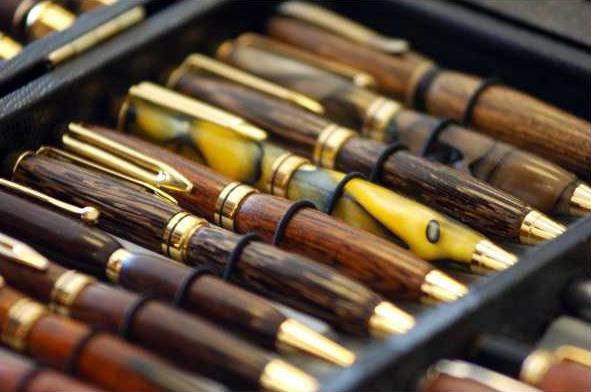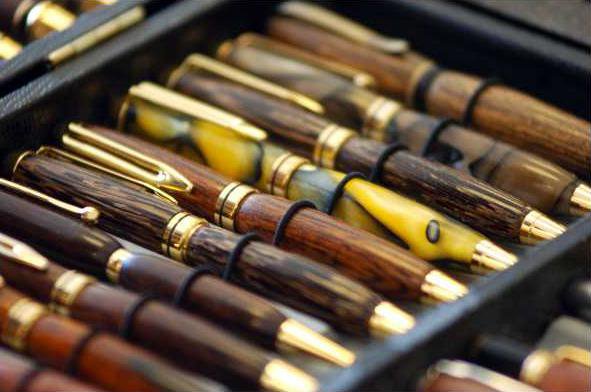There was a heated battle going on at the Northeast Georgia History Center on Sunday afternoon.
Four-year-old Rachel Hall was up against her mother, Karen Stone, and her friend, 7-year-old McKenzie Fortner.
The goal?
Be the first to find the most items in the Olden Days scavenger hunt.
Hall, Stone and Fortner were just three of many at the “Olden Days and Olden Ways” themed day for the Northeast Georgia History Center’s Family Sunday.
“I think they get to do a lot of hands-on things here that they don’t really get at preschool or elementary school,” Stone said. “They get to see people dressed up, which they could see in a book at school, but they don’t really get to see that hands-on.”
Julie Carson, the education and volunteer coordinator at the Northeast Georgia History Center, said all the events planned for Sunday had roots in our colonial heritage. The Georgia Mountain Handspinners were demonstrating the art of spinning, showing kids how it works. As Don Bedelle was showing how to do wood-turning, Ed Rigel was talking about gardening in colonial times.
Gates and Kay Scoville were in charge of a project called “leather britches,” which showed kids how to preserve green beans.
“This was a way of preserving beans before we had refrigeration,” Carson said. “The kids will get to string two or three beans together.”
Glen Kyle, the managing director of the Northeast Georgia History Center, was dressed up in colonial apparel and ready to teach kids about what it was like to hunt in colonial times. As families come through the History Center, he said, he tries to make them realize how good we have it now — because of past sacrifices.
“We wake up in a home that has electricity, running water and flushing toilets,” Kyle said. “We can drive down the road and buy almost any kind of food that we want, and our vehicles are air conditioned — these are things that we take so much for granted.”
Carson said by seeing how things were in the past, kids will “definitely have an appreciation for the way things are now.”
“They had to shear the sheep, pluck the cotton, develop the fiber and then the cloth, and then they had pants to wear.”

